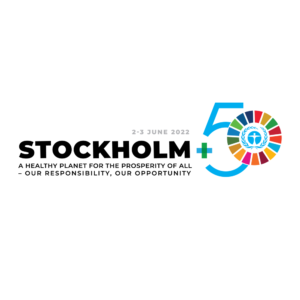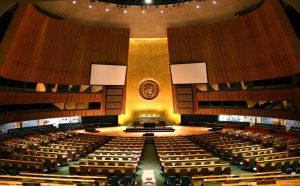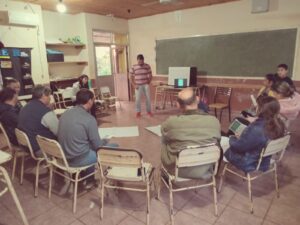The four pillars of sustainability
Reflection: Think about how business can incorporate all four pillars of sustainability into their core business activities.
Introducing the four pillars of sustainability; Human, Social, Economic and Environmental.
The term sustainability is broadly used to indicate programs, initiatives and actions aimed at the preservation of a particular resource. However, it actually refers to four distinct areas: human, social, economic and environmental – known as the four pillars of sustainability.
Human sustainability aims to maintain and improve the human capital in society. Investments in the health and education systems, access to services, nutrition, knowledge and skills are all programs under the umbrella of human sustainability.
Social sustainability aims to preserve social capital by investing and creating services that constitute the framework of our society. It means to preserve future generations and to acknowledge that what we do can have an impact on others and on the world.
Economic sustainability aims to maintain the capital intact. It refers to the efficient use of assets to maintain company profitability over time.
A more recent approach to economics acknowledges the limited incorporation of the ecological and social components in this model. New economics is inclusive of natural capital (ecological systems) and social capital (relationships amongst people).
Environmental sustainability aims to improve human welfare through the protection of natural capital (e.g. land, air, water, minerals etc.). Initiatives and programs are defined as environmentally sustainable when they ensure that the needs of the population are met without the risk of compromising the needs of future generations.
annualreport biodiversity BiodiversityDay carbon credits carbon footprint climate change comunidades locales Consulta Pública Cooperativa Nueva Esperanza CPSI program cruce caballero ECOLOGY ecosystems ENVIRONMENT environmental education environment crisis ESG Criteria FORESTS ForNature Free and Informed Prior Consultation gaia theory global warming green cross uk gs1 reserve gs1reserve Highlights localcommunity Metodología de investigación social native communities native species natural disasters nature news PNUMA reforestation regeneration Relaciones con la comunidad SDGs STATE OF EMERGENCY stockholm+50 sustainable investment UN UNEP voluntary carbon market youth
Source: Future Learn








